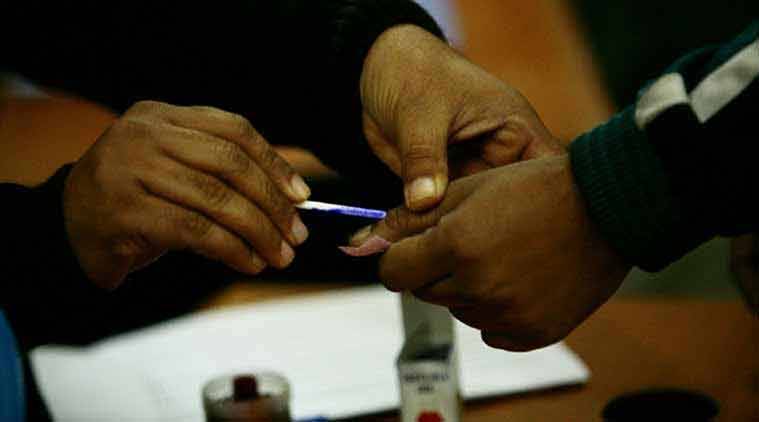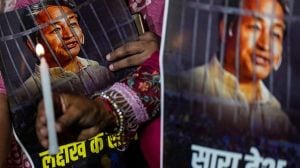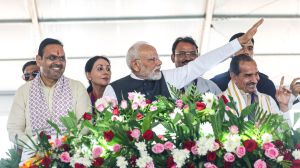Uttarakhand’s other players, often key to BJP and Congress
The BSP has always been a major player in the plains, especially in the districts of Udham Singh Nagar and Haridwar.
 In 2007, the BSP increased its tally: eight seats with 11.76 per cent. The UKD got three seats and polled 5.49 per cent votes, while three independents won with 10.8 per cent votes. (Representational image)
In 2007, the BSP increased its tally: eight seats with 11.76 per cent. The UKD got three seats and polled 5.49 per cent votes, while three independents won with 10.8 per cent votes. (Representational image)
With both the Congress and the BJP struggling with internal rebellion in Uttarkhand, third-party players – Uttarakhand Kranti Dal, BSP and independents – could once again be a crucial factor in determining the next government. It was a front of these groups that had rescued the Harish Rawat government last year, when 10 Congress MLAs had defected and joined the BJP.
The BSP has always been a major player in the plains, especially in the districts of Udham Singh Nagar and Haridwar. In 2002, the BSP won seven seats with 10.93 per cent votes, while three independents won with 16.3 per cent votes and UKD got bagged four seats with 5.49 per cent votes. Of the 70 seats, they together won over a fifth, in the process bagging nearly a third of the votes. The BJP that election got 19 seats and 25 per cent votes, while the Congress got a clear majority with 36 seats.
Read | Ten days to polls, it’s Congress vs Congress vs BJP vs BJP in Uttarakhand
In 2007, the BSP increased its tally: eight seats with 11.76 per cent. The UKD got three seats and polled 5.49 per cent votes, while three independents won with 10.8 per cent votes. Once again, they together won a fifth of the seats with 28 per cent of the vote, just behind the 29 per cent share of Congress, which managed 21 seats. This time, the BJP got 34 seats.
In 2012, the seat difference between the Congress (32) and the BJP (31) narrowed and neither party got the majority. While the BSP could get only three seats, its vote share (12.19) continued to increase. The UKD suffered a major decline, with just one seat, and 1.9 per cent of the vote. The Independents won three again, with a 12.3 per cent share. Together the three polled more than a quarter of the votes.
This year, the equations are somewhat different. In 2014, BSP, the three independent MLAs and the UKD MLA, Pritam Singh Panwar, had formed a loose Progressive Democratic Front. After the Congress defection last year, Rawat accommodated all four of them in his cabinet.
Earlier this year, the Congress had asked all four to contest under its banner — Mantri Prasad Naithani, Harish Chandra Durgapal, Dinesh Dhanai (Tehri) and Pritam Singh Panwar (Dhanolti). While Naithani and Durgapal agreed, the other two decided to continue as independents.
However, Rawat managed to get the indirect support of his party for them. The Congress denied ticket to PCC chief Kishore Upadhyaya from Tehri, pushed him to Sahaspur, and fielded a weak candidate against Dhanai.
In case of Panwar, it went a step farther. The Congress had announced a candidate Manmohan Singh from Dhanolti, but then an AICC statement extended support to Panwar.
The UKD, the only regional party in the state, was established in 1979. Its lone MLA in 2012, Panwar, has left the party and is contesting as an independent. The UKD is contesting 56 seats this year, but it is hopeful only about two – Didihat (being contested by veteran leader Kashi Singh Aeri) and Dwarhat (party president Pushpesh Tripathi). Tripathi won had Dwarhat in 2007, while Aeri represented Didihat thrice in 1985, 1989 and 1993. Aeri’s chances could be boosted by a BJP rebel candidate, Kishen Bhandari.
If either of the two parties fail to get a majority, third-party players can once again be the deciding factor.





- 01
- 02
- 03
- 04
- 05


























